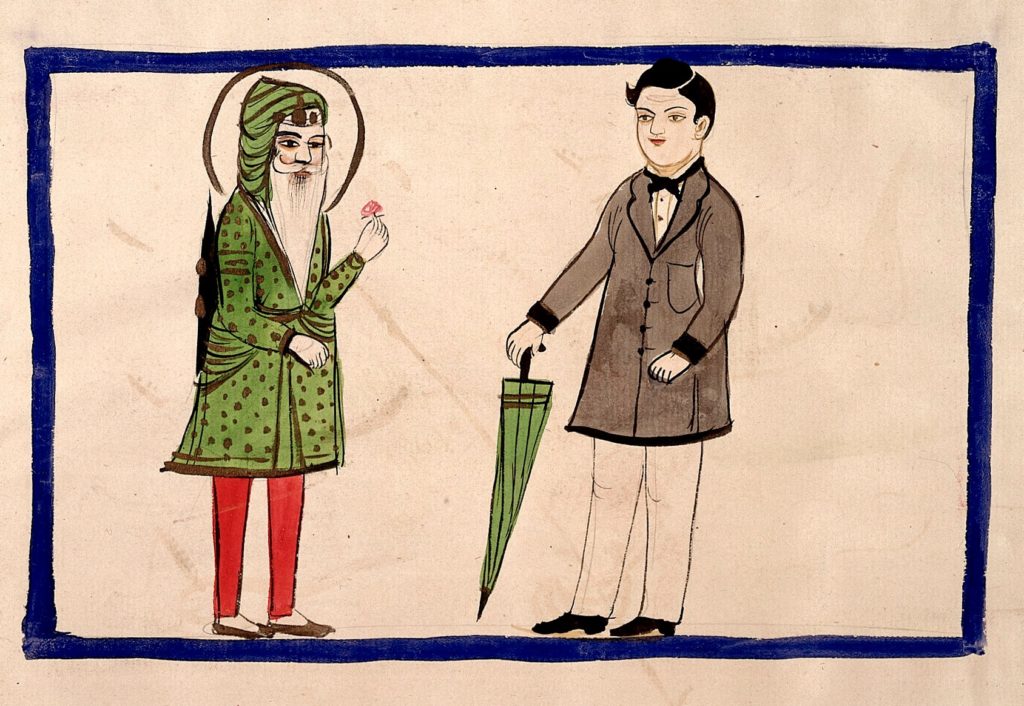By Amali U. Lokugamage
Decolonisation is an effort to ‘turn tables’ on the enduring inequities established by colonial rule. It is also about dismantling unfair power imbalances in society. The three authors of the article ‘Decolonising ideas of healing in medical education’ originate from Sri Lanka, an ex-colonial country, but live in the UK. In reading this article you will see that knowledge creation has historically favoured white male Eurocentric views/science/theories and so it may even be seen as an act of decolonial serendipity that the Journal of Medical Ethics has decided to publish a decolonising paper authored by those originating from ex-British colony.
The exertion of colonialism led to Europeans establishing their own biological, structural and cultural superiority and their own epistemology on the narratives of healing as the only legitimate knowledge base of medicine in the countries they colonised. The authors have seen medical pluralism at work successfully in Sri Lanka where traditional medicines and western biomedicine are available and accessible, both methods healing illness. Biomedicine has the ability to overpower nature when it malfunctions and traditional medicines have the intent to bring the body into balance with nature, through individualized care. The paucity of epidemiological mathematical models to examine individualised treatments versus ‘one size fits all’ treatments (well suited to the randomized controlled trial design) may have contributed to the difficulty in constructing an evidence base for traditional healing systems. The decolonising movement’s intent is to re-centre displaced indigeneity. In doing this it seeks to elevate the conversation about living in harmony with nature, which also resonates with debate about climate change as indigenous people see climate breakdown as a symptom of non-reciprocal and exploitative relationships with the planet. With the social tide of interest in climate change, understanding its impact on global health is essential. We note that a decolonial dialogue has entered into climate change conversation. For instance, activist Greta Thunberg, in a recent editorial, said ‘After all, the climate crisis is not just about the environment. It is a crisis of human rights, of justice, and of political will. Colonial, racist, and patriarchal systems of oppression have created and fuelled it. We need to dismantle them all.’
We must also be prepared to be alert to neo-colonisation movements in medicine, where factory line, ‘top-down’ models of care evolve out of meeting economic targets and could potentially subsume ‘ground-up’ person-centred care. For instance, the newly established NHS Evidenced Based Interventions program seeks to ration treatments and, in doing so, limits the potential of person-centred care, whilst also excluding medical pluralism in some Clinical Commissioning Groups(clinically-led statutory National Health Service bodies responsible for the planning and commissioning of health care services for their local area in the UK). Hence there are echoes of the power imbalances of the colonial past.
Decolonisation probably means different things to people arising from the varied ex-colonial countries – it relates to the degree of subjugation experienced. The transgenerational trauma of slavery is likely to be different to those who are the progeny of indentured workers, for instance. So, decolonisation is a ground up movement where active listening is vital for hearing views of those experiencing the legacies of health care inequity, the roots of which lie in prejudices, views, beliefs and philosophies that were established during colonial rule. Nevertheless, there are overarching issues which are discussed in our paper which feed into contemporary ideas of person-centred care, human rights law and reflective practice.
It is important that doctors of the future are educated though a decolonial lens in order to disassemble any lingering colonial unconscious bias that has crept in from the hidden curriculum. These biases may negatively impact on their professional behaviours towards patients, populations and planetary health.

Page 148: one man in traditional religious clothing (identified as Maharaja Ranjit Singh), the other in European dress. Watercolour. Credit: Wellcome Collection. CC BY
Paper title: Decolonising ideas of healing in medical education
Author(s): AU Lokugamage, T Ahillan, SDC Pathberiya
Affiliations:
AL – Whittington Health NHS Trust, University College London Medical School, London, UK.
TA – University College London Medical School, London, UK.
SDCP – Acculegal Solicitors, London, UK.
Competing interests: AL is on the Board of Directors of the International MotherBaby Childbirth organisation. She is a company director of a small publishing company called Docamali Ltd
Social media accounts of post author: @Docamali